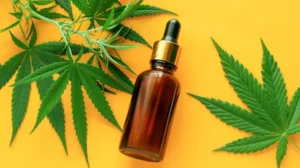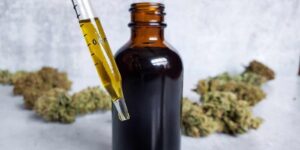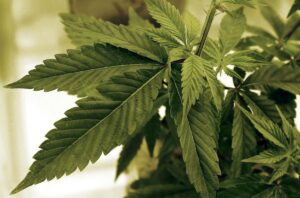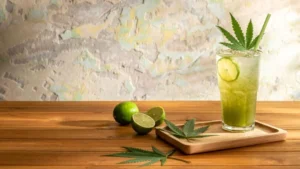Hemp, Cannabis, And CBD: What’s The Difference?
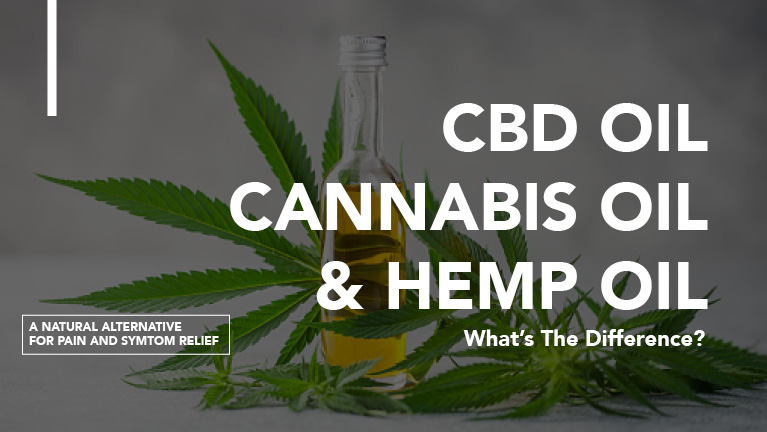
Both marijuana and hemp are part of the same species, Cannabis Sativa. These plants have some similarities. There is still considerable variation within one species. Great Danes and chihuahuas can be dogs, but there are clear differences.
The psychoactive component of hemp and marijuana, tetrahydrocannabinol, or THC, distinguishes them. Hemp contains 0.3% or less THC. It means that hemp-derived products have not been able to induce the “high” commonly associated with marijuana.
CBD is one compound found in cannabis. Hundreds of compounds like CBD oil, also known as “cannabinoids.” They interact with receptors and affect various functions, including anxiety, pain sensation, depression, appetite, and even mood. THC is also considered a Cannabinoid.
CBD is proven effective in treating epilepsy, according to clinical research. It is believed to reduce anxiety and pain.
Marijuana with CBD and more THC (than hemp) has shown therapeutic benefits for patients who have epilepsy.
Federal Law Is Very Strict About Medical Research
This means that it deals with cannabis as though it is not used for medical purposes and has a high risk of abuse. Scientists aren’t sure how CBD interacts with THC and how this cannabinoid affects other cannabinoids.
CBD is available as tinctures, food, and oils. Here are some terms that are used to describe CBD products.
While “CBD Oil” and “CBD Tincture” are often interchangeable, they are two completely different terms. Tinctures consist of soaking cannabis with alcohol. Oils are made using CBD suspended in a carrier oil like olive or coconut oils.
“Pure” CBD, also known as CBD isolate, is the only form of CBD. This is because all other cannabinoids are gone. These cannabinoids are also known as terpenes or flavonoids. They give marijuana its strong flavor and aroma.
Broad spectrum CBD contains at most three other cannabinoids. Terpenes and flavonoids are also included, but no THC. “Full-spectrum” CBD, also known as “whole” CBD, can contain up to 0.3% THC.
Legalization of recreational marijuana means that CBD products with more than 0.3% THC are available in many states.
There is no standard CBD dose. Some retailers may have sufficient knowledge to make a recommendation for beginners. You can also use online resources like this dosage calculator.
CBD products are not subject to FDA regulation. Consumers can request certification through independent lab testing to ensure accuracy and content.
CBD oil can be distinguished from hemp oil. This oil is made from the pressing of cannabis seeds. It is more nutritional than CBD oil and can be used as a supplement to your diet.
Legal Situation
Another important difference between CBD, cannabis, and hemp is how they are treated under the law.
Although recreational marijuana is now legal in 15 states, federal law states that anyone in possession of a legal weed state of marijuana can be punished. Also, any person who travels with cannabis within a state is prohibited.
Our latest study showed that perceive CBD and hemp to be more similar to over-the-counter medication and THC as more like prescription drugs. Despite being lower in abuse potential than marijuana, the average person doesn’t view cannabis, hemp CBD, THC, or marijuana the same way as drugs like methamphetamines and cocaine.
As cannabigerol, or CBG, continues to be popularized as the new CBD, so does the need to continue medical research.

